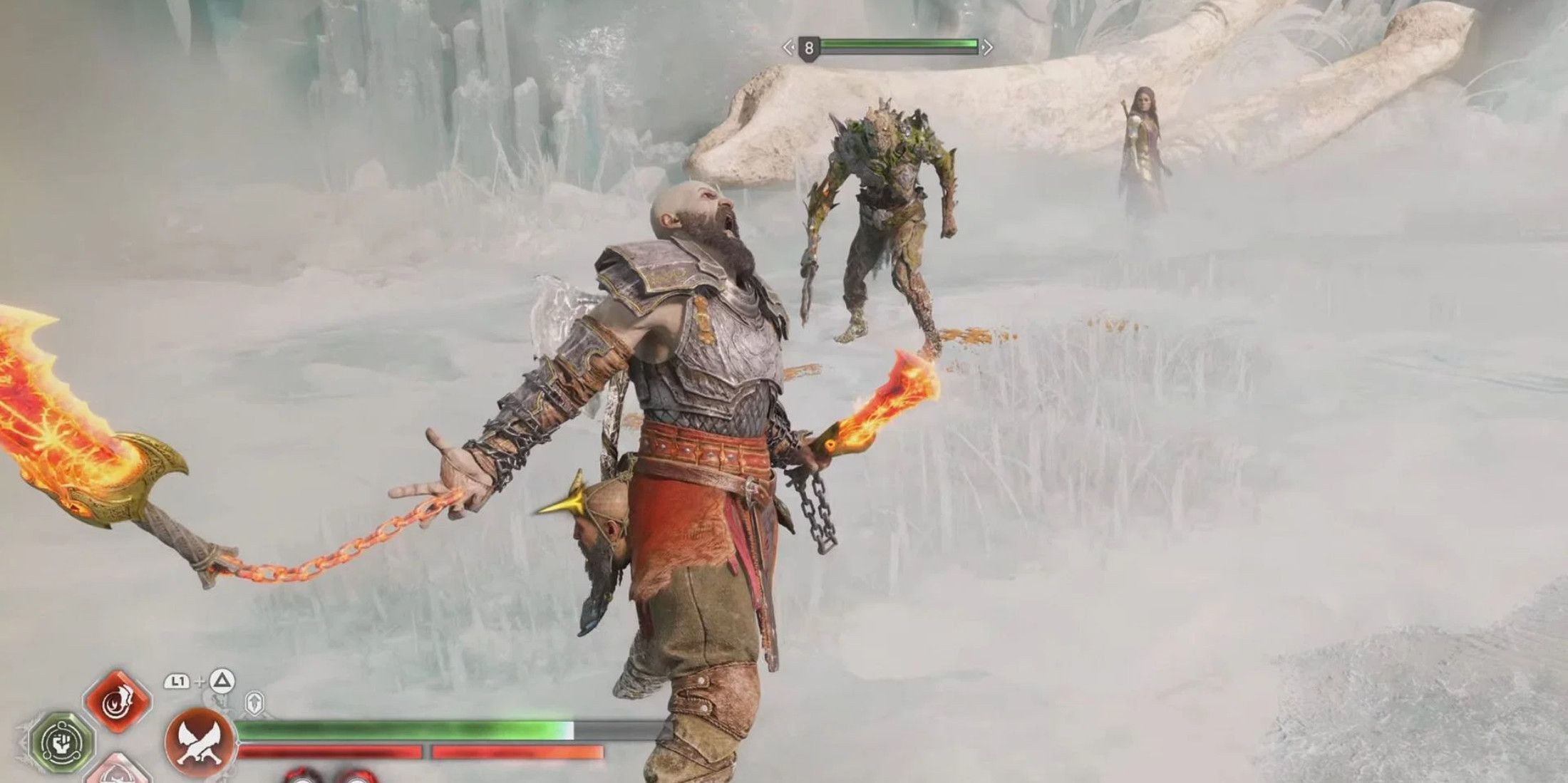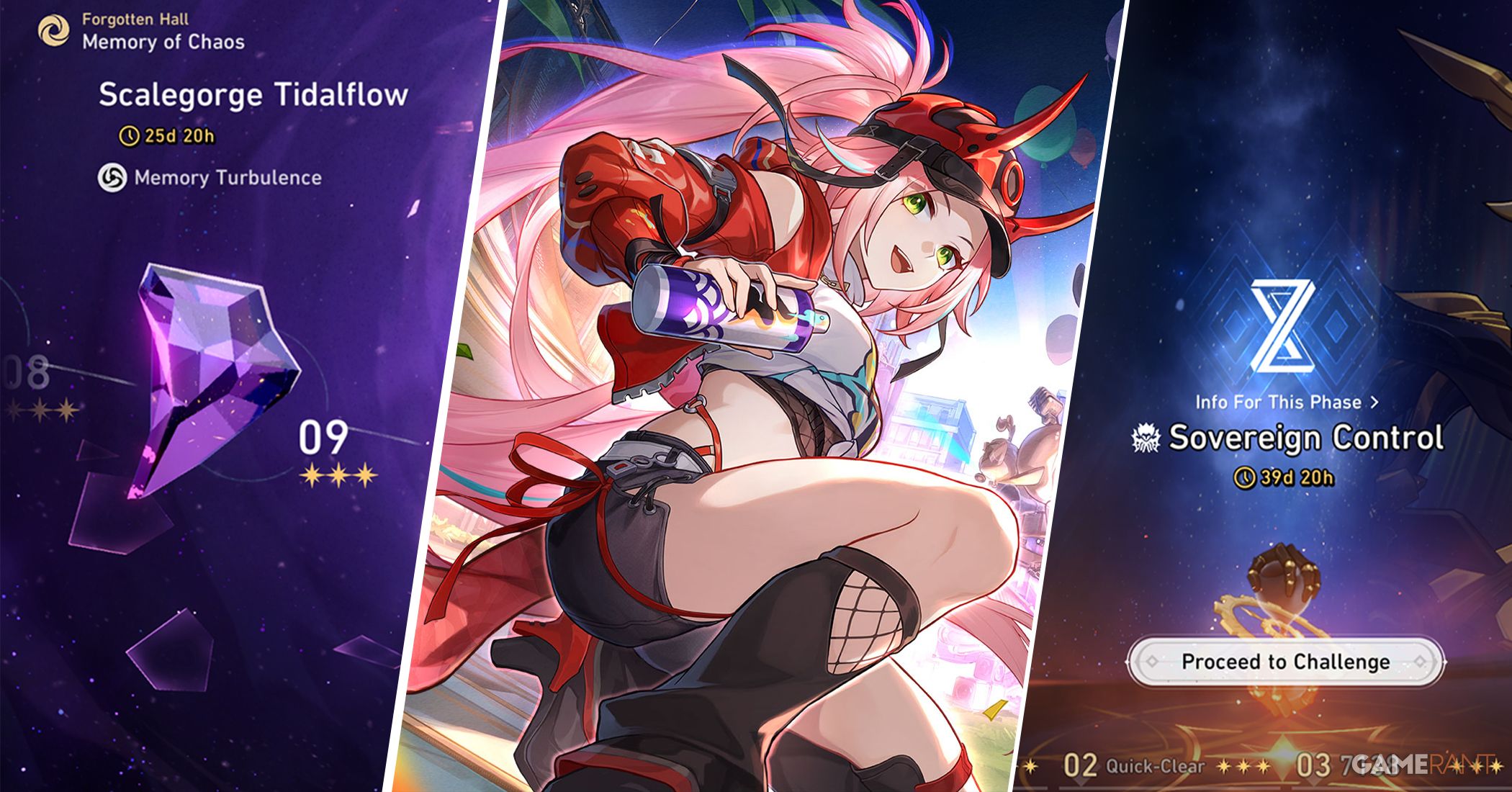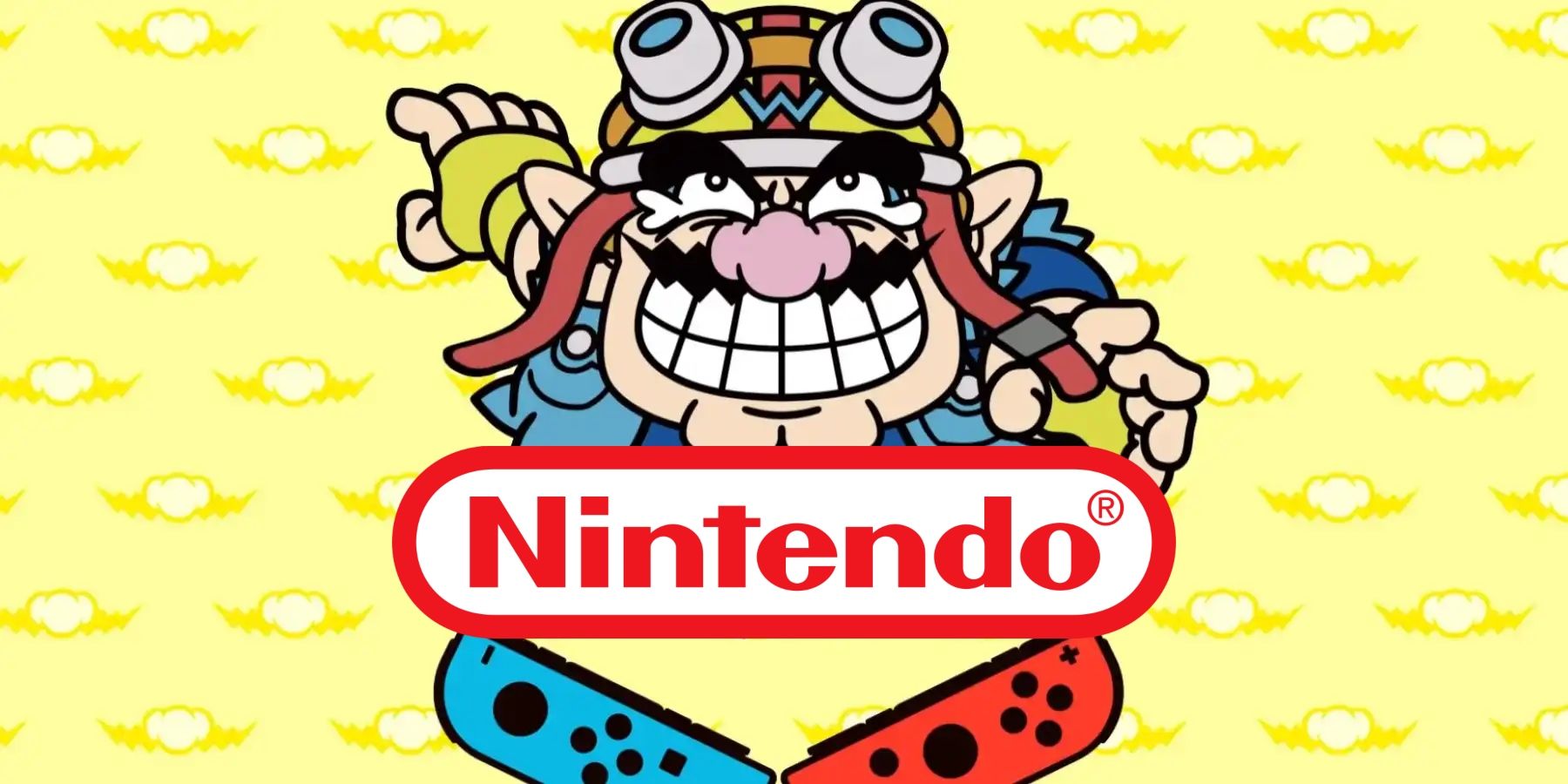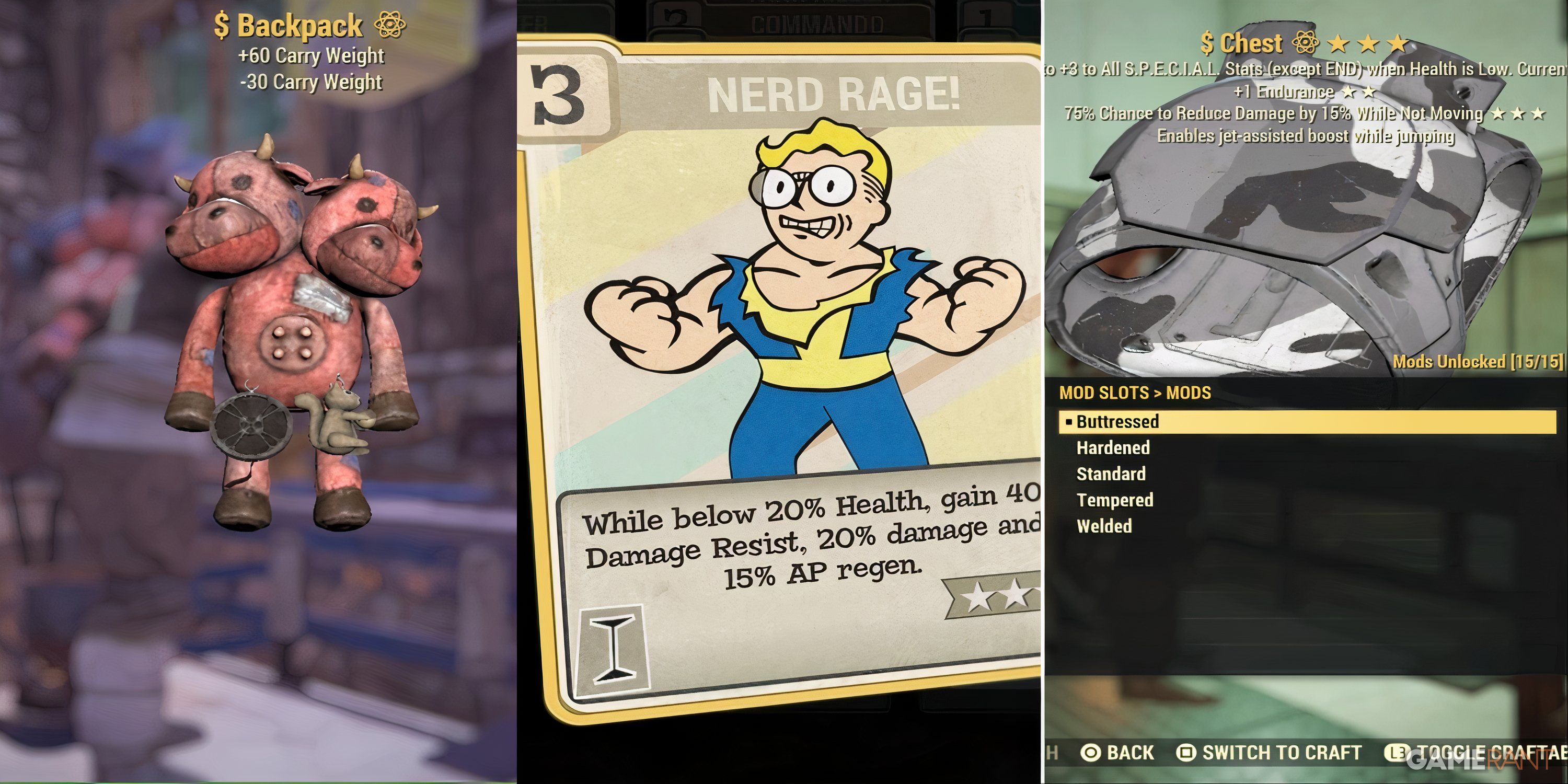Whatever direction the God of War franchise takes moving forward, it should evolve beyond the formula established by 2018’s release and expanded upon in Ragnarok. Everything about this style of game works, but there are a few features that could be either trimmed or overhauled for the best results in the next God of War, especially if certain story and setting speculation proves true.
Much has been said about the possibility of the next God of War game featuring Atreus, but even another Kratos-centric outing has the chance to introduce some significant gameplay changes. A big part of why God of War 2018 was such a runaway success is due to the fact that it was totally unexpected: God of War had been dormant for quite some time, and it was regarded by the gaming community as a staple in the hack-and-slash genre, similar to other over-the-top games like Devil May Cry. Thus, when a slower, more deliberate style of gameplay reared its head, it was a breath of fresh air. However, this new framework isn’t perfect, and could be polished in the next entry.
The Next God of War Game Needs to Rethink Runic Attacks
Runic Attacks Aren’t Very Exciting in New God of War Games
One of the clearest remnants of God of War‘s old-school flashy combat in the newer games is the Runic Attack system. These function similarly to special attacks in MMOs and other action-RPGs, being bound to a simple button combination and restricted by a cooldown. They can be extremely useful in battle, dealing incredible damage against one or several foes.
The problem is that they are somewhat uninteresting. There is certainly variation between each Runic Attack, with some doing different types of damage or having a broader area of impact, but they all essentially do the same thing: unleash a strong attack that can’t be interrupted. Runic Attacks were hardly altered for Ragnarok, which makes them feel even less unique and consequential for returning players. By reworking this system, the next God of War could offer an even more robust combat and RPG sandbox, with more variety and opportunities for player expression.
How Future God of War Games Could Improve Runic Attacks
As it stands, many Runic Attacks feel rather interchangable, and the average player probably won’t get much out of experimenting with different builds and combinations. However, if the next God of War were to make these abilities more impactful and distinct from one another, they would be a more meaningful part of the overall experience. For instance, there could be Runic Attacks that alter the player’s moveset, making for a more long-lasting and interactive change to combat, rather than a one-off blast of power that requires little to no input from the player. In a similar vein, there could be more Runic Attacks that offer significant, unique buffs and debuffs, giving them more strategic viability.
These also wouldn’t have to be called “Runic Attacks.” The system could be replaced by something different that plays a similar role in combat.
This approach seems particularly appropriate for a potential Atreus-led God of War. As a more acrobatic fighter with an affinity for magic, Atreus would be uniquely suited to special attacks that augment or alter his moment-to-moment gameplay, rather than pausing it outright with a stronger-than-usual attack. Since Atreus can shapeshift, perhaps he could even have some “Runic Attacks” that change his form, leading to new ways to engage with combat encounters.
God of War has series-best combat, and Runic Attacks don’t take that away. But it seems like these special moves are among the weaker links of this modern combat system, and as the franchise continues to mutate and reinvent itself, they should be one of the first mechanics to be reexamined.

/cdn.vox-cdn.com/uploads/chorus_asset/file/25697397/STK071_APPLE_N.jpg)





